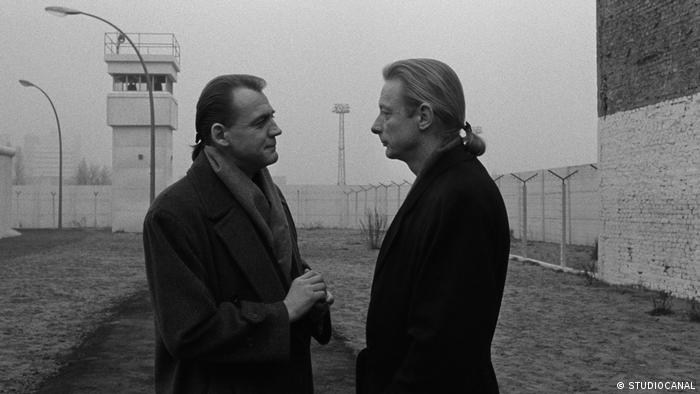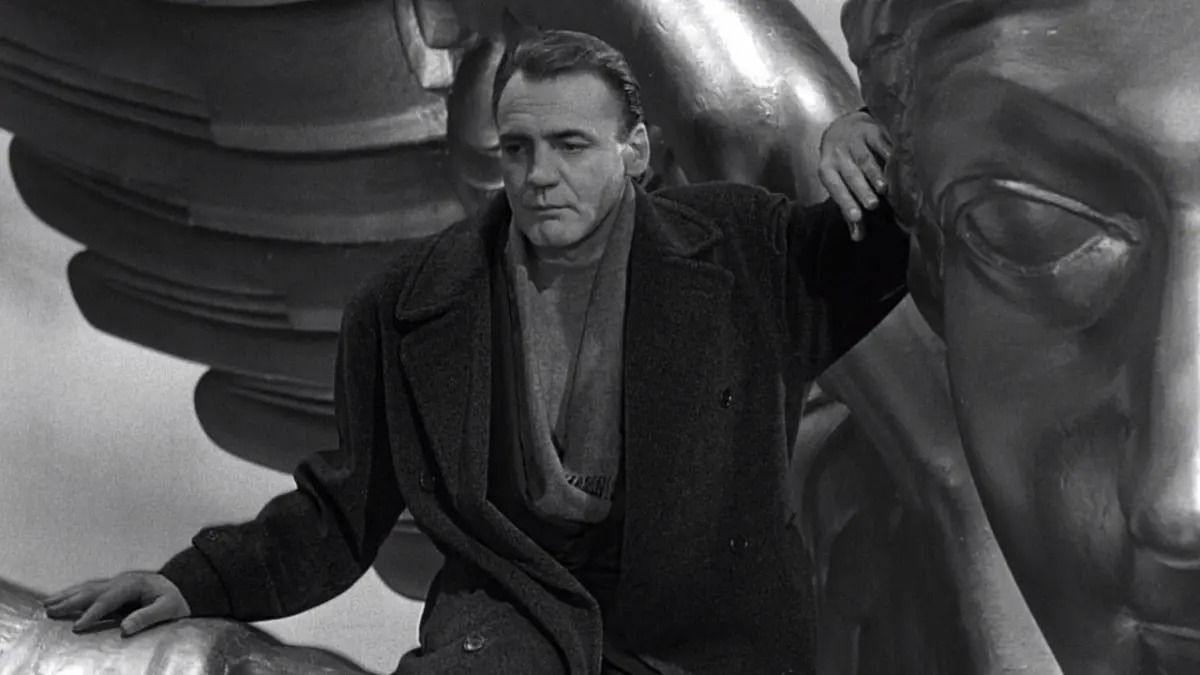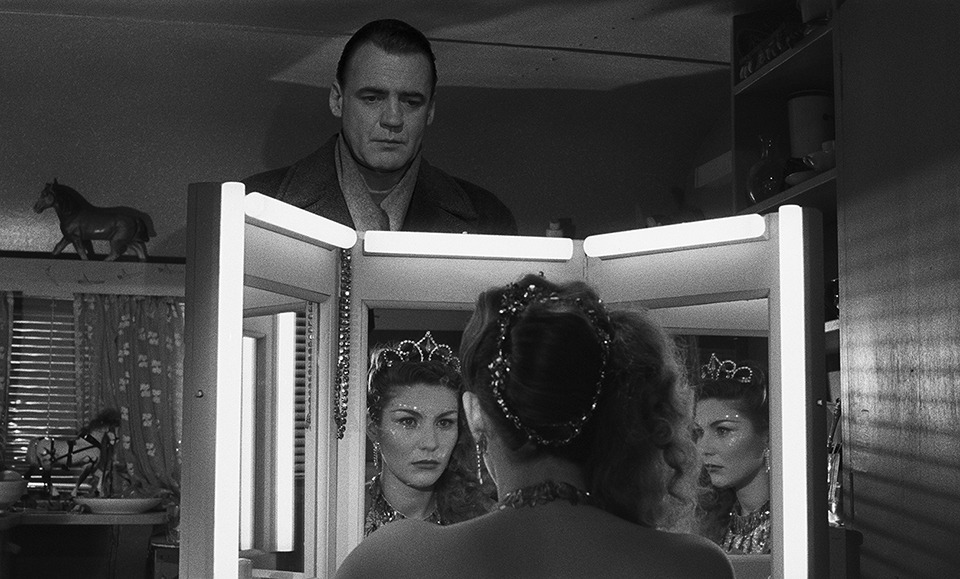
“Wings of Desire” (1987), also known as “Der Himmel über Berlin,” is a German romantic fantasy film written by Wim Wenders, Peter Handke, and Richard Reitinger, and directed by Wim Wenders. The film is set in Berlin before the fall of the Berlin Wall and explores the lives of invisible, immortal angels who observe and comfort the human inhabitants of the city. These angels, who cannot interfere directly in human lives, listen to the thoughts and pain of people, offering solace without being seen. “Wings of Desire” is a deeply poetic and visually stunning exploration of love, humanity, and the nature of existence.
The story follows two angels, Damiel (Bruno Ganz) and Cassiel (Otto Sander), who observe the people of Berlin, listening to their thoughts and offering quiet comfort to those in need. They cannot intervene directly in human lives, but they are always present, witnessing the joy and suffering of the city’s residents. Damiel, however, begins to grow weary of his immortal, invisible existence. He longs to experience life as a human, feeling the emotions that he can only observe. His desire deepens when he becomes enchanted by Marion (Solveig Dommartin), a trapeze artist who performs at a circus. The film beautifully captures Damiel’s internal struggle as he faces the choice of remaining an angel or becoming human to experience love and emotion.
“Wings of Desire” delves into deep existential themes such as the nature of existence, the human desire for connection, and the contrast between immortality and mortality. The angels in the film represent an outside, omnipresent force that can observe but not engage with the world. They are symbolic of the longing for human experiences—particularly love, joy, and pain—that they can never fully partake in. Damiel’s decision to become human is a reflection of the profound human desire for emotional engagement and the vulnerability that comes with it. The film suggests that to truly understand life, one must experience both the highs and the lows, and that the beauty of existence lies in its fleeting nature.
The performances in “Wings of Desire” are a key element in bringing the film’s existential themes to life. Bruno Ganz’s portrayal of Damiel is both subtle and deeply emotional. As an angel longing to experience humanity, Ganz captures the character’s internal conflict and yearning for connection with delicate grace. Solveig Dommartin as Marion, the trapeze artist, brings a sense of freedom and sensuality to the film, serving as the catalyst for Damiel’s desire to embrace human life. The supporting performances, particularly from Otto Sander as Cassiel, enhance the film’s exploration of loneliness and the silent, watchful presence of the angels. Each character brings a distinct layer of meaning, contributing to the overall reflective mood of the film.

Wim Wenders’ direction and the film’s cinematography are central to the movie’s emotional power. The film is known for its stunning black-and-white visuals, which symbolize the angels’ detached, otherworldly existence. The decision to shoot the angels’ scenes in black and white while the human world is depicted in color emphasizes the contrast between the divine and the earthly. The cinematography, handled by Henri Alekan, uses innovative angles and perspectives to make the viewer feel like an observer, just as the angels are. The use of Berlin as a backdrop adds to the atmosphere, with the divided city symbolizing the emotional and physical separation between the angels and humans. Wenders’ pacing is meditative, allowing the viewer to reflect on the philosophical questions the film raises.

The film’s soundtrack, composed by the band Nick Cave and the Bad Seeds, is integral to the film’s emotional impact. The hauntingly beautiful music complements the mood of the film, blending melancholic and hopeful tones. The songs, especially “The Carny” and “The Mercy Seat,” enhance the film’s exploration of longing, love, and the human condition. The music amplifies the atmosphere of both quiet observation and intense emotional depth. The atmospheric sounds of Berlin, from the hum of the city to the distant noise of trains and traffic, further immerse the viewer in the setting, reinforcing the feeling that the angels are always present, silently watching the lives of the people around them.

“Wings of Desire” is a masterpiece of cinema that blends philosophy, romance, and fantasy into a deeply moving narrative. Wim Wenders creates a film that is not only visually stunning but also rich in emotional and existential depth. Through the story of Damiel and his longing to experience human life, the film explores themes of love, isolation, and the search for meaning in an indifferent world. The performances, cinematography, and soundtrack all come together to create a meditative and poignant cinematic experience. “Wings of Desire” remains one of the most thought-provoking films of the 1980s and continues to resonate with audiences for its profound exploration of the human spirit.